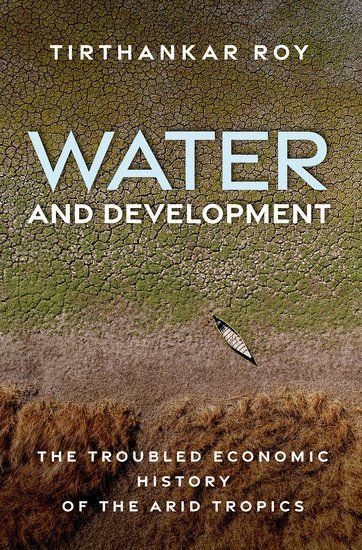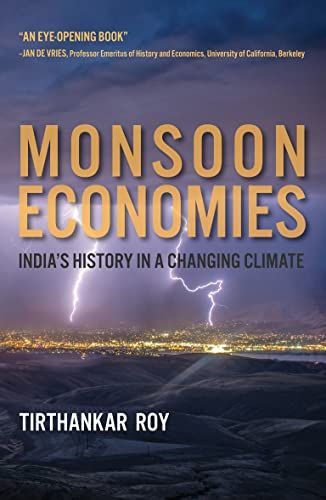My work has shaped key debates in economic history, including those on state formation, artisans, gender, agriculture, and business. It also advances two major ideas in comparative development:
(1) The economic impact of European rule in Asia and Africa should be seen, not as the result of imperial intentions, but as shaped by the interaction of politics, geography, and markets;
(2) Economic history of tropical regions must account for the distinct influence of climate on development. Two books published recently advance that agenda.

Water and Development (OUP USA, September 2025) offers a radical new view of economic history in semi-arid Asia and Africa, showing how water extraction and environmental manipulation shaped economic growth in the past century, amid political tension and ecological strain.

India’s economic modernization over 150 years reflects a struggle against monsoon-driven seasonality, says Monsoon Economies (MIT Press 2021). Technologies and institutions improved environmental control. Wider access to water in this semi-arid tropical land played as important a role in Indian economic history as fossil fuel extraction played in the economic emergence of Western Europe. Water extraction, recycling, and control reduced the threat of floods and famine. But expanding access to water also generated new conflicts and ecological pressures.